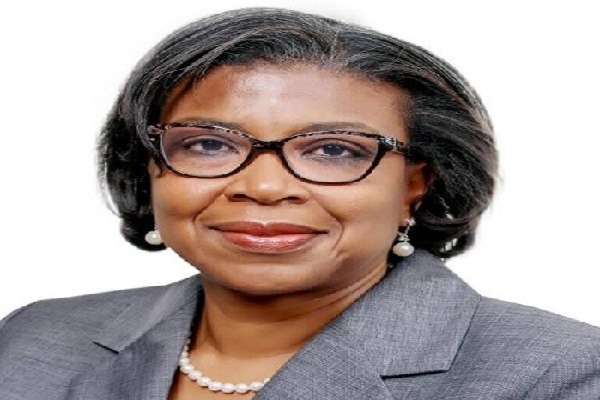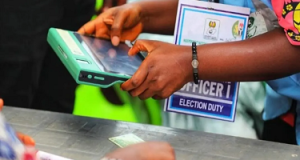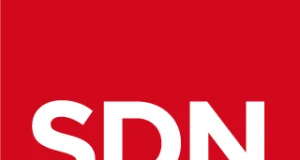DWINDLING revenue and dependence borrowing will make debt servicing difficult for the Federal Government, the Debt Management Office (DMO) has warned.
Agency’s Director-General, Ms. Patience Oniha, expressed the concern at a workshop organised by DMO for federal lawmakers in Abuja yesterday.
Ms. Oniha lamented that the Russia/Ukraine crisis had pushed up interest rates on borrowings at domestic and international capital markets, thereby making loans more expensive and debt servicing more difficult.
She identified the spike in inflation in developed countries to levels that had not been experienced in decades as one of the direct consequences of Russia’s invasion of Ukraine.
To tackle inflation, countries like the United States (U.S.) and the United Kingdom (UK) had to raise interest rates to reduce inflation. The interest rates increase by these countries forced other interest rates to go up as being experienced in the international bond market.
According to Ms. Oniha, interest rates on borrowings have gone up to 15 per cent from 13.5 per cent and many countries like Nigeria, Ghana and Kenya may not be able to borrow while servicing existing debts will now attract more interest.
The DMO boss also described the 21.09 per cent inflation rate as a cause for concern. She told the legislators that while the Central Bank of Nigeria (CBN) will be right to increase Monetary Policy Rate (MPR) as a way of fighting inflation and raising interest rate by the CBN she said will mean that “debt servicing will grow. “Funding for debt servicing”, she said, “comes from revenue and revenue these days is hard to come by”.
Ms. Oniha the lawmakers were making it difficult for the government to generate more revenue by denying demands by the executive arm to increase taxes.
She told them that the appropriate Value Added Tax (VAT) for Nigeria should be in the range of 15 per cent to 17.5 per cent as against the prevailing 7.5 per cent.
She, however, admitted that she knows the lawmakers will have to explain to their constituents why they had to support a VAT increase giving the current economic situation.
Mrs. Oniha: “Our debt has grown and we all know why. Revenue base is low and we often don’t achieve annual revenue targets in the annual budgets. Even if we achieve the revenue targets 100 per cent, they are still too low for a country the size of Nigeria.
“We have been dependent on borrowing as a country for a very long time. We have been borrowing because revenue base is low. Because revenue base is low, it is now threatening debt sustainability.
“We need urgent actions to moderate the new borrowing because debt services/revenue ratio would have been low if revenue base had been very strong. There have been a lot of talks about raising revenue. We now need urgent actions. We need a stronger revenue base to ensure that our debt remains sustainable.”
Talking about the application of borrowed funds, she said: “Ideally, we should deploy borrowed funds to capital projects but we haven’t done too well in this regards. However, the government has gone ahead to source for project funding from Sukuk through which N612.6 billion has been raised to finance projects since 2017.”
Shedding light on Chinese loans, Ms. Oniha said “Nigeria has only borrowed $3.6 billion from the Chinese government which is about three per cent of the country’s total borrowing and the loans are tied to specific projects that must be validated before they’re paid”.
Noting that borrowed funds should generate revenue if wisely invested, Ms. Oniha lamented the opportunity the country missed from the sale crude oil at a time the price high but also said Nigeria was experiencing “challenges with other revenue lines.”
As part of efforts to raise revenue, Ms. Oniha said the she’s “aware that the Federal Government has issued a circular to all Government Owned Enterprises (GOEs) to limit expenditure to revenue” because government as an investor in these enterprises now wants to harvest revenue or returns on investment from the enterprises.
(thenationonlineng.net)
 Newsfront Online …Telling the Public as it is
Newsfront Online …Telling the Public as it is




